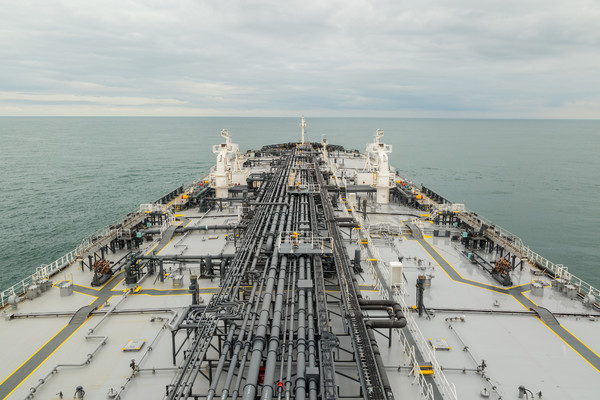The G7, EU and Australia almost agreed to ban the maritime transport of Russian crude oil from 5 December, and refined products were curtailed from 5 February. It sounds simple, but not in practice. There were exceptions and an important variable, the price cap, which, if adhered to, would allow some trade to be carried out by western carriers.
The idea was to reduce oil revenues to the Russian government and maintain a reliable flow of Russian oil to the global market to stabilise energy prices. In reality, the cap has yet to achieve its primary aim, and although flow has continued, it is largely outside of western influence.
Obvious issues
Russia stated early that it would not sell oil or products to nations complying with the cap and was prepared to cut production to maintain its revenues. The long lead-in gave Russia the time to assemble its own fleet of about 100 vessels to circumvent these sanctions. In addition, it can count on assistance from Venezuela and North Korea and is thought to have access to as many as 300 tankers in all. This “shadow fleet” allows Russia to sell its oil without insurance from the G7 or other nations. Some key oil-importing powers, such as India and China, are not part of the process. Despite lobbying from eastern Europe, the cap was set oddly high, and President Zelensky immediately said it was not “a serious decision”.
Less obvious
There is no significant appetite to underwrite price cap risks. The attestation construct is an administrative burden; some insurers had already pulled out, and from the beginning of the year, so had most reinsurers, meaning any direct insurer wanting to write a risk would do so without reinsurance to rely on. That limits insurer appetite. Banks and capital providers have their own approaches, and both constrict the ability of insurers to underwrite. There are enhanced safety and pollution concerns at the port and territorial risk levels.
Self-defeating disharmony
Almost 100 years of international sanctions show that it is vital to harmonise and align measures and guidance across jurisdictions. With the oil caps, there are, as so often, grey areas, in part reflecting the problems nations articulated in agreeing on the specifics. Consequently, guidance on the price cap was introduced only just ahead of the implementation date. That led to inevitable inconsistencies in the rules and limited time for traders and their service industries, including insurers, to understand the requirements.
Although some sector actors were consulted, owners and traders were largely in the dark, and some input needed to be taken up. Ensuring the cap applied throughout the voyage guaranteed disinterest from traders who made money from trades whilst the oil was on board.
Attestation
One positive for the sector was that it was acknowledged that insurers would not usually know the price as they are not parties to the deal. They were grouped with other Tier 3 actors, such as brokers and the P&I clubs, who are required to implement a recordkeeping and attestation process to confirm that the oil/product has been purchased at or below the price cap. This is in addition to their usual sanctions’ due diligence, and some insurers have encountered pushback from some clients when seeking attestations.
Attestation can be done annually rather than per shipment, but further attestation is required where there is a claim, confirming that the price cap has yet to be breached. Records have to be kept for five years.
Where there is a breach of the price cap, the ship will be off risk and have no operational cover for pollution, although third-party emergency responders’ parties can assist. This lay behind Turkish demands for a guarantee of continuous insurance for tankers passing through the Bosphorus. However, that could not be given due to the sanction’s obligations imposed on insurers. Questions remain over the duties of reinsurers, the permissibility of co-mingling of oil, and the concept of oil passing customs. The introduction of two more caps for refined products complicates the picture further.
Rethink needed?
The jury is out on the effectiveness of these measures, but insurers would ask the legislators to review the fact pattern. Historically sanctions have been less than 34% effective (according to the HSE Database), and some argue the actual number is nearer just 5% effective (according to the journal article “Why economic sanctions still do not work” by Robert Pape).
Setting sanctions is one thing. Ensuring they are effective would be sensible. Leaving them in place indefinitely based on hope and assumption is neither sensible nor effective. Years of measures against Iran and North Korea have had little tangible result and both have evolved ways around them.
The one definite outcome is that western commerce is consistently left with expensive compliance and reduced influence. A large bank, for example, has a compliance team of 30,000 people. Perhaps it is now time to consider a policy rethink to prevent the best intentions from ending solely as damage to the western business.
